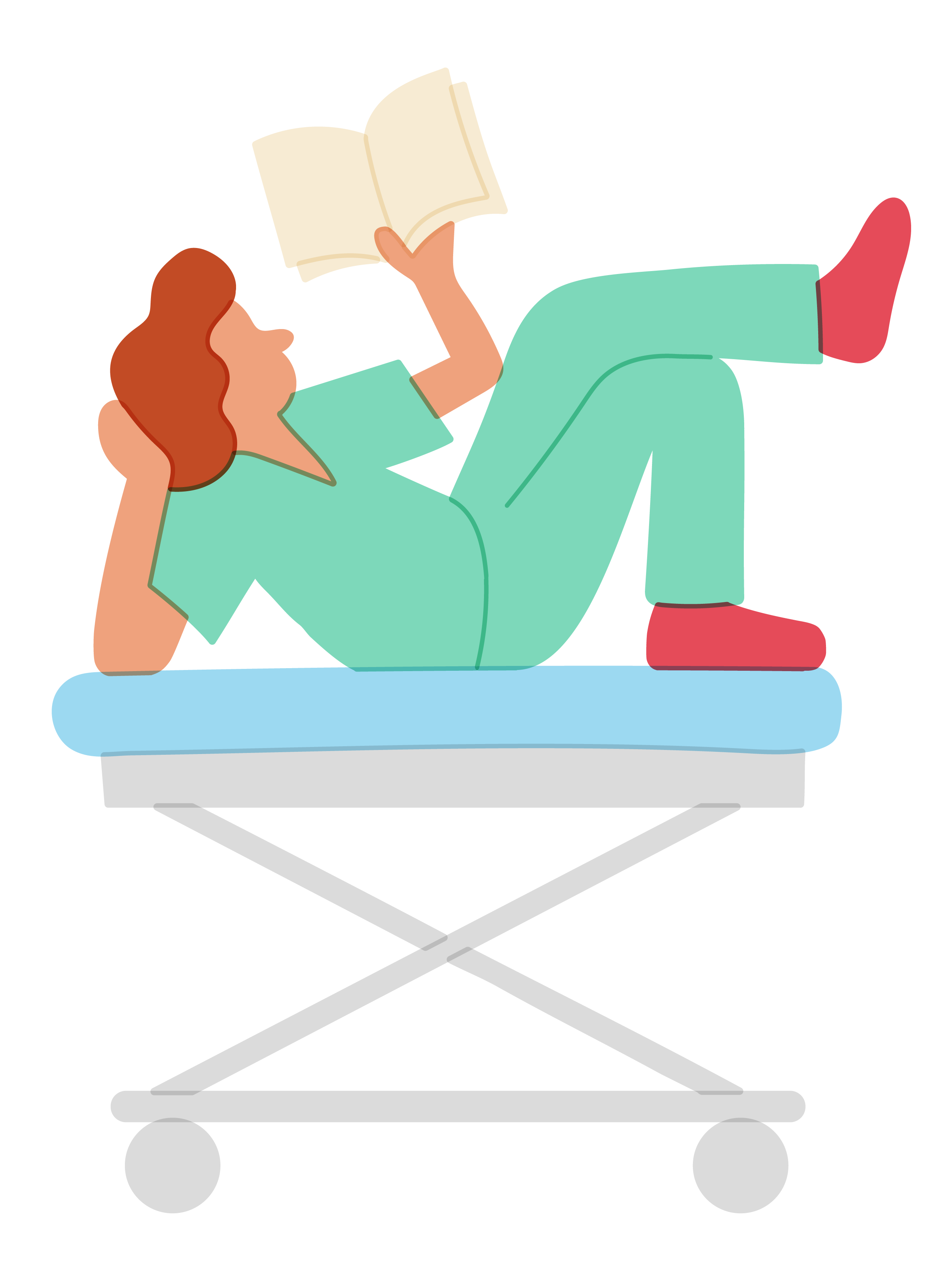In the realm of health, two essential disciplines stand out: public health and clinical medicine. Often, we are taught to approach these disciplines as separate entities. Public health focuses on the population, emphasizing prevention and health promotion. Clinical medicine focuses on the individual, emphasizing diagnosis and treatment. While these broad statements are true, this deep division prevents us from recognizing opportunities for learning and collaboration to achieve the shared goal of improving human health.
The invaluable perspective I've gained through my Master of Public Health (MPH) program will undoubtedly shape my future training as a doctor.
Here are 3 crucial questions I believe premeds will learn to address through public health classes.
1. What are non-biological factors that influence an individual’s health care?
You may be familiar with the term social determinants of health (SDOH), which refer to the conditions in which people are born, grow, live, work and age that shape health. However, you may not fully understand the extent to which these SDOH impact health and health care. Consider the hurdles an individual might have to overcome just to access a provider. They might experience prohibitive travel costs or length travel times if they live in an area with healthcare professional shortages. Or, they might struggle to take time off work and find child care to make the appointment. Many public health courses will require you to engage deeply with non-biological factors that impact health.
2. How does the US healthcare system function?
Trying to understand the complex and fragmented American healthcare system can be a daunting task. Before I took a class on health policy last fall, I was unsure how to comprehend the dynamic landscape of healthcare organization, financing, and delivery. Learning about how fundamental healthcare concerns (e.g. affordability, accessibility, quality), social institutions, and national values drive key decisions in healthcare enables us to assess the design and performance of our healthcare system, identify critical gaps, and take lessons from cross-national comparisons.
3. What do public health professionals do, anyway?
Public health is a multifaceted field encompassing a wide range of activities and specialties. During my time as an MPH student, I have attended classes and seminars led by public health professionals in diverse roles, ranging from epidemiologists and policy advisors to program coordinators and evaluation specialists. I find the “10 Essential Public Health Services” framework, which centers equity, to be instrumental in understanding the foundational principles guiding public health professionals' work.


Comments